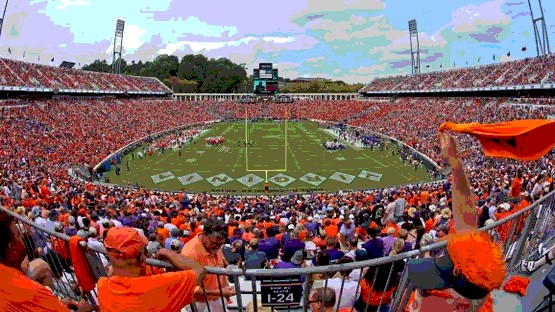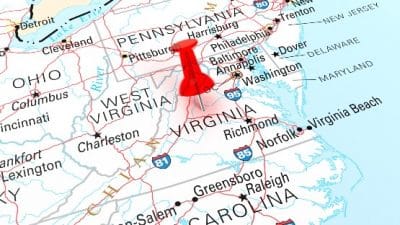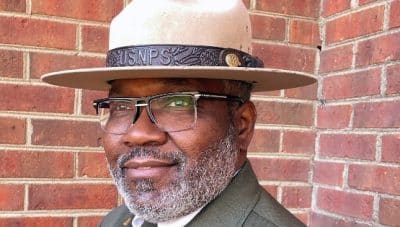
It’s not a change of administration. They come and go every four or eight years.
It’s not that the Dow hit 14,000 a few hours after Barack Obama was inaugurated. Nor did foreclosures end, nor Lehman Brothers or the Raphine Yellow Freight facility suddenly spring back to life. Though writing before Jan. 20, I’m guessing that none of these events, however desired, occurred. A new president may do wonders, but rarely miracles.
Yet as of yesterday at about 12:06 p.m.,a profound change came over our nation. After 233 years, a question was definitively answered, one that has nagged at and persisted and even divided the new United States from the moment of its founding: “What do we mean by ‘men’?”
In the Declaration of Independence, Thomas Jefferson famously wrote that “all men are created equal” and thus are “endowed by their Creator with certain unalienable Rights, that among these are Life, Liberty, and the pursuit of Happiness.”
What a fine ideal. Yet it is a philosophical ideal, born of the Enlightenment theorists in Europe who thought of such things even though their ability to put it into practice was even more phantasmagorical than the notion of equality itself. Our country started putting it into practice: it motivated one generation to throw off British rule; it motivated thousands if not millions to venture to this land; it endowed the infant nation with a purpose that endures through the ages.
But who is a “man”?
The founding fathers made clear that a few were definitely more equal than others. A “man” was one who was male, definitely white and preferably of British ancestry, at least 21 years of age, and owner of some real estate. Though Mr. Jefferson changed John Locke’s earlier definition of rights as “life, liberty, and property,” happiness for him was a warm farm…that the oldest son would inherit to the exclusion of others.
What “men” then were the beneficiaries of those rights? Very few indeed.
In fact, the question was not the least abstract. The definition of “men” determined who could hold office, who could vote, who could hold property and whether property defined the rights of citizenship.
Immediately, some challenged the notion. Abigail Adams wrote her husband John, as he was organizing the new government, to “remember the ladies.” Virginia abolished primogeniture, that requirement that all the goodies go to the oldest son. Some African-Americans, even slaves, had the (then) audacity to hope that they, too, might be considered “men.” No dice: The original Constitution only counted them as 3/5 of a person when allocating congressional seats.
Yesterday, the child of a white mother and a black father became President of the United States. Race is no longer a barrier to the nation’s highest office.
In the campaign, one woman almost received the nomination of one major party and another ran for vice-president as the nominee of another. Gender is no longer the barrier it once was. A Baptist minister and a Mormon ran well: religion is not a ban. The son of a factory worker ran for awhile, but humble beginnings were long ago accepted. The oldest man ever to lead his party struck a blow at ageism.
Sure, discrimination still exists. Barriers remain on many levels of society.
But yesterday, the United States of America formally answered the Revolutionary question, “who are the ‘men’ whom the Declaration describes?”
The answer? Americans. All Americans, every one of us.
It’s about time.
– Column by David Cox










